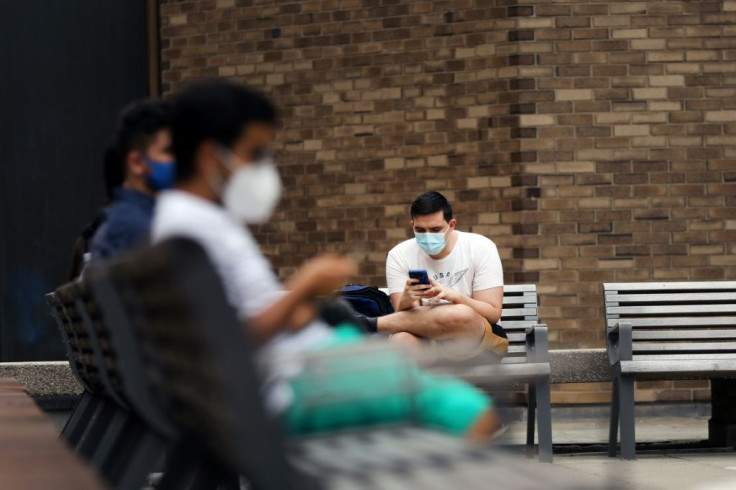Nevada Rejected COVID-19 Tests From The United Arab Emirates Over Links To Chinese Firm BGI Group
KEY POINTS
- Nevada rejected 250,000 test kits donated by the United Arab Emirates over security concerns. California rejected a similar offer
- The kits were produced by BGI Group, a company with connections to the Chinese government and CCP
- The Department of State has sent mixed signals on the safety of the tests
Federal officials pushed Nevada to reject 250,000 test kits donated by the United Arab Emirates during the height of the state’s COVID-19 crisis, over links to the Chinese government and suspicions around test accuracy.
The tests were produced by the Chinese firm BGI Group and the Emirati Group 42, leading to fears from the U.S. government over the security of patient information, according to the Associated Press. They also alleged that the tests were closer to 60% accurate than the 90% accuracy rate advertised by their producers.
The U.S. embassy in the UAE declined an Emirati offer to help test staff. The U.S. has been wary of accepting technology from Chinese companies, lobbying its allies to reject Chinese 5G networks.
At the time the offer was made, Nevada had shut down the casinos that power its economy and was desperate to get the virus under control as quickly as possible. The UAE reached out through Jim Murren, head of Nevada's COVID-19 task force.
Murren formerly chaired MGM Resorts, who partnered with the UAE on a $9.2 billion multi-resort development. He forwarded an email from Group 42 CEO Peng Xiao offering to help via the UAE. Murrens said that the donation was both a service and an investment for them.
“They have unlimited capital and would be incredibly flexible on terms- I will handle that part,” he told Nevada.

U.S. officials have sent mixed messages regarding the safety of BGI Group tests. An email from the U.S. embassy in the UAE said they “hoped the Nevada COVID-19 task force leadership is aware of this so they can make an educated decision and know some of the U.S. Government’s concerns. … The guidance we received from the U.S. Department of State is we should decline testing from G42.”
The U.S. did not, however, warn any U.S. citizens in the UAE to avoid the tests. The Department of State told AP it shares information “regarding safety and security threats that might affect them. ... In this case, the Department did not deem the use of BGI COVID-19 tests to be a threat to safety.”
Nevertheless, Nevada took it as a sign it should reject the tests. The day the Department of State made its concerns known the governor’s chief of staff Michelle White told the hospital receiving the tests, “based on the information communicated to me by homeland security, we highly recommend that you discontinue these tests and any usage of testing equipment immediately.”
BGI Group is the world’s largest genetic sequencing company and has leveraged the pandemic to expand into foreign markets. It told the AP that it is not owned by the Chinese government and “has no government capital,” but a 2018 report from the U.S. Trade Office said it had “evident links to the government” via former CCP officials in its leadership. It was founded in 1999 with funding from the state to research the human genome, later becoming a private company. Statements from the company say they do not have access to patient information and their tests are approved by the U.S. government for emergency use.
Group 42’s links to the Emirati government aren’t as clear, since the country’s hereditary leadership doesn’t disclose much information. The company’s leadership has refused to say who owns the company, leading to speculation that it is controlled by the ruling family.
© Copyright IBTimes 2025. All rights reserved.



















